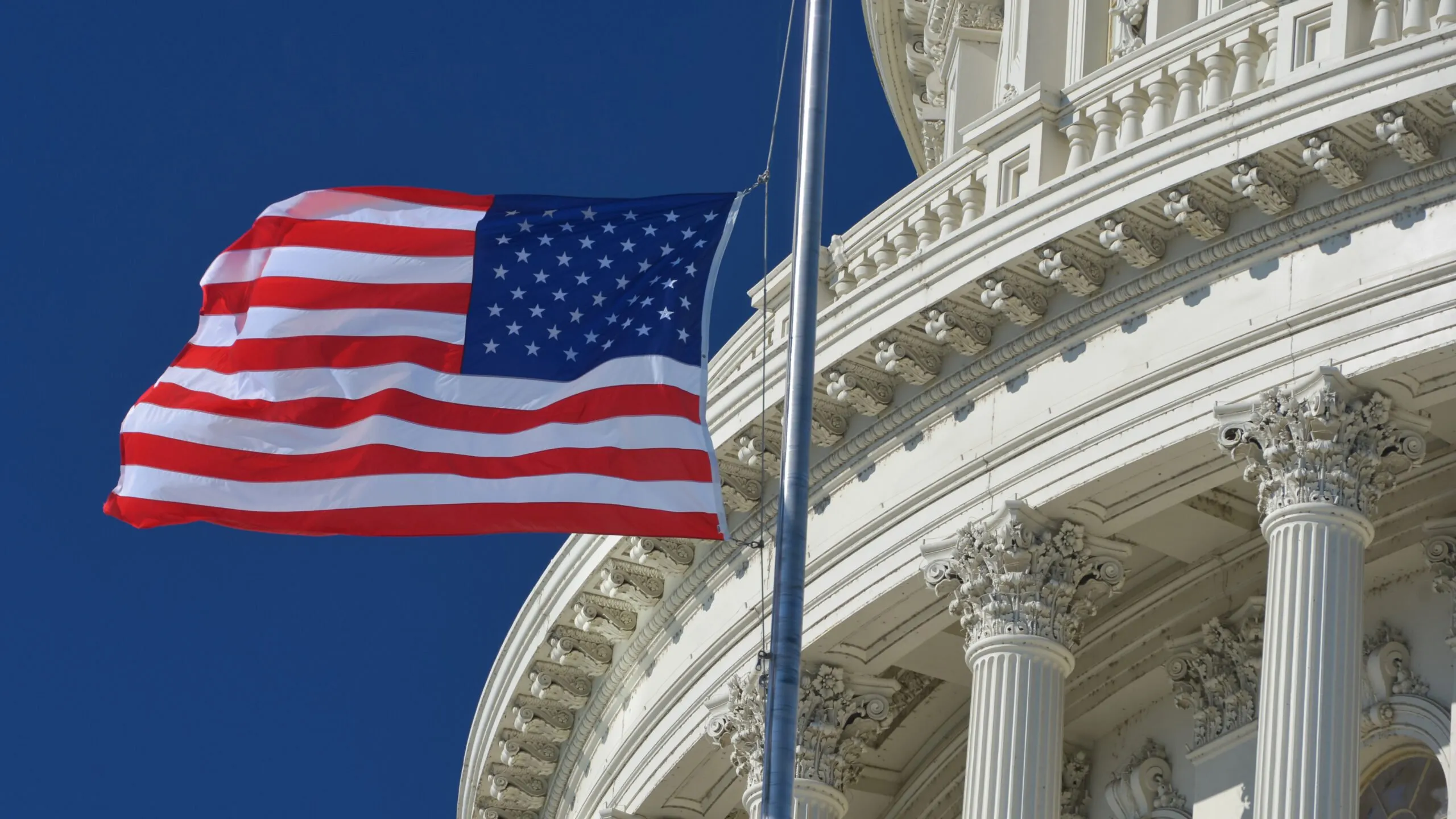U.S. lawmakers introduced legislation on Thursday aimed at dispelling a cloud of regulatory uncertainty that looms large in the digital assets industry.
The 212-page bill titled the Financial Innovation and Technology for the 21st Century Act seeks to establish a “much-needed regulatory framework” for the digital asset space and marks a “significant milestone,” said House Committee on Agriculture Chairman Glenn Thompson (R-PA).
The bill seeks to establish new definitions, covers digital asset exemptions, and outlines a path for digital asset intermediaries like cryptocurrency exchanges to register with both the Securities and Exchange Commission (SEC) and the Commodities Futures Trading Commission (CFTC).
One of the bill’s standout features is a pathway for blockchains to be certified as decentralized. The SEC would have an opportunity to push back against assertions made by token issuers that their projects meet the standard outlined in the act.
Digital asset issuers would be required to abide by a new disclosure regime under the rules, providing information on their project's economics, development plan, and other risk factors. That includes a requirement for token issuers to disclose a project’s source code.
The bill would amend U.S. securities laws so that the SEC must consider “innovation” as a factor when issuing new rules, according to a brief. Under the bill, digital commodities like Bitcoin and payment stablecoins would not be considered securities.
French Hill (R-AR), one of the bill’s primary sponsors, described the bill as “landmark legislation,” adding it will both “protect consumers and keep innovation in the United States.”
The SEC would have authority over the use of payment stablecoins on SEC-registered platforms, but it does not give the watchdog any control over the design, structure, or operation of payment stablecoins.
Companies looking to register a broker-dealer or alternative trading system with the SEC for the purpose of serving as digital asset intermediaries would be required to submit to inspection by the agency.
“Congress must legislate to fill the regulatory gaps between the SEC and CFTC,” a fact sheet provided by the House Committee on Agriculture said. “The securities laws and regulations do not account for many of the unique characteristics of digital assets.”

